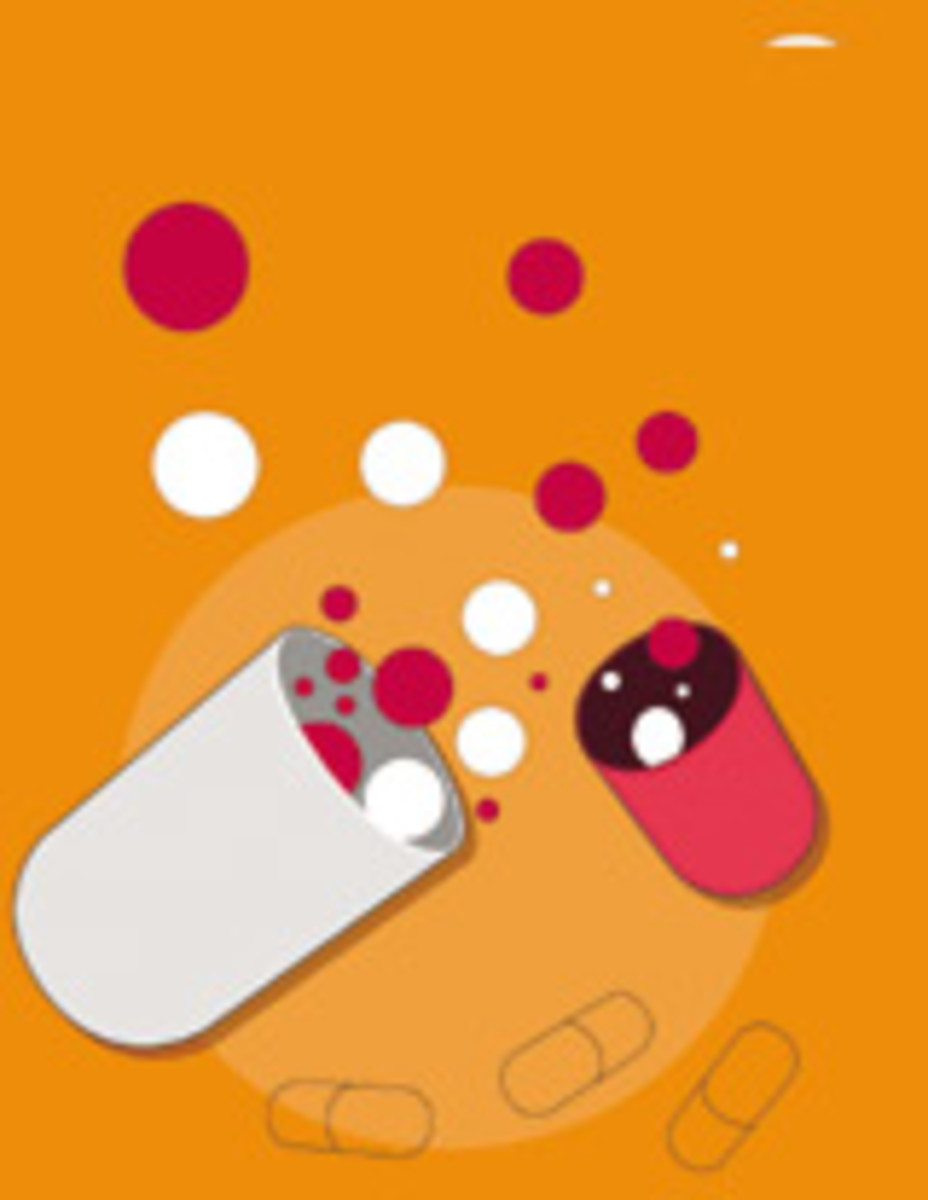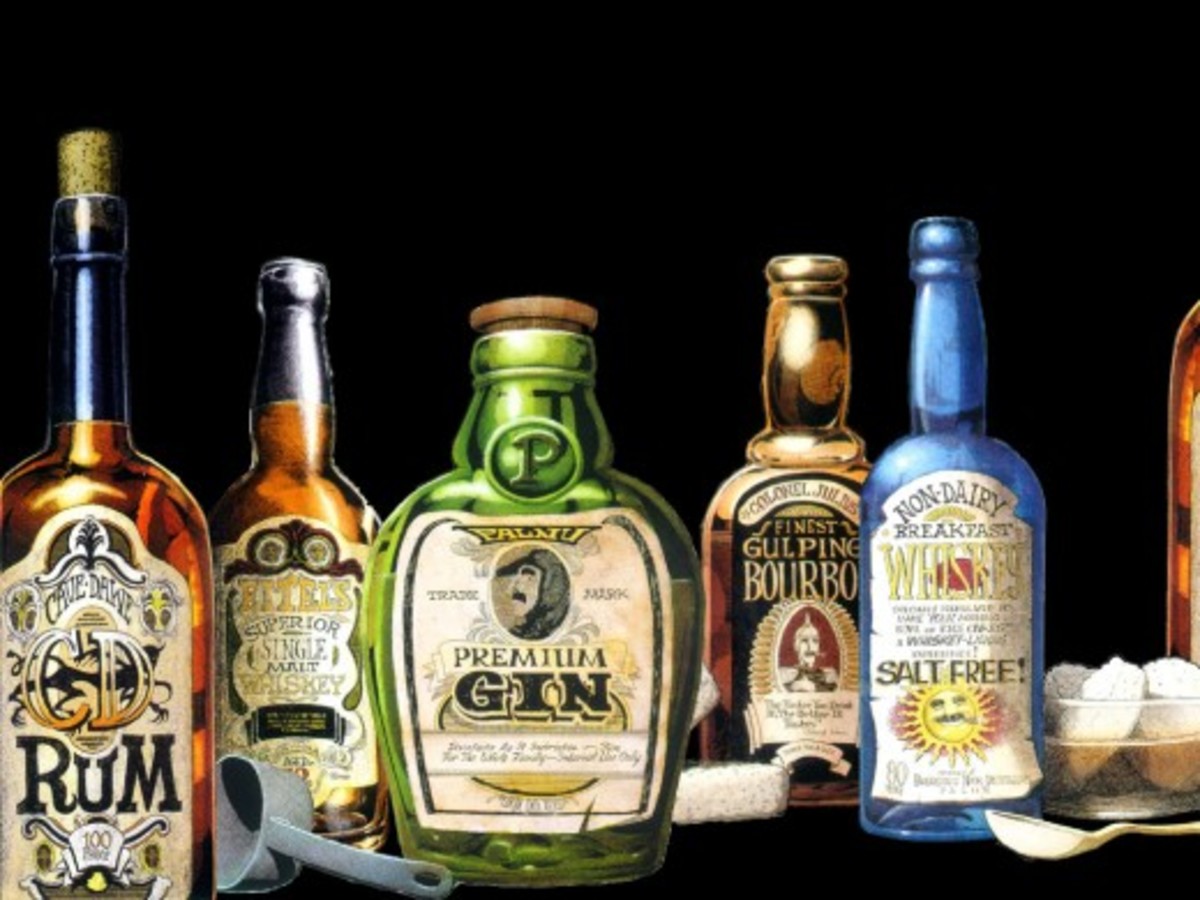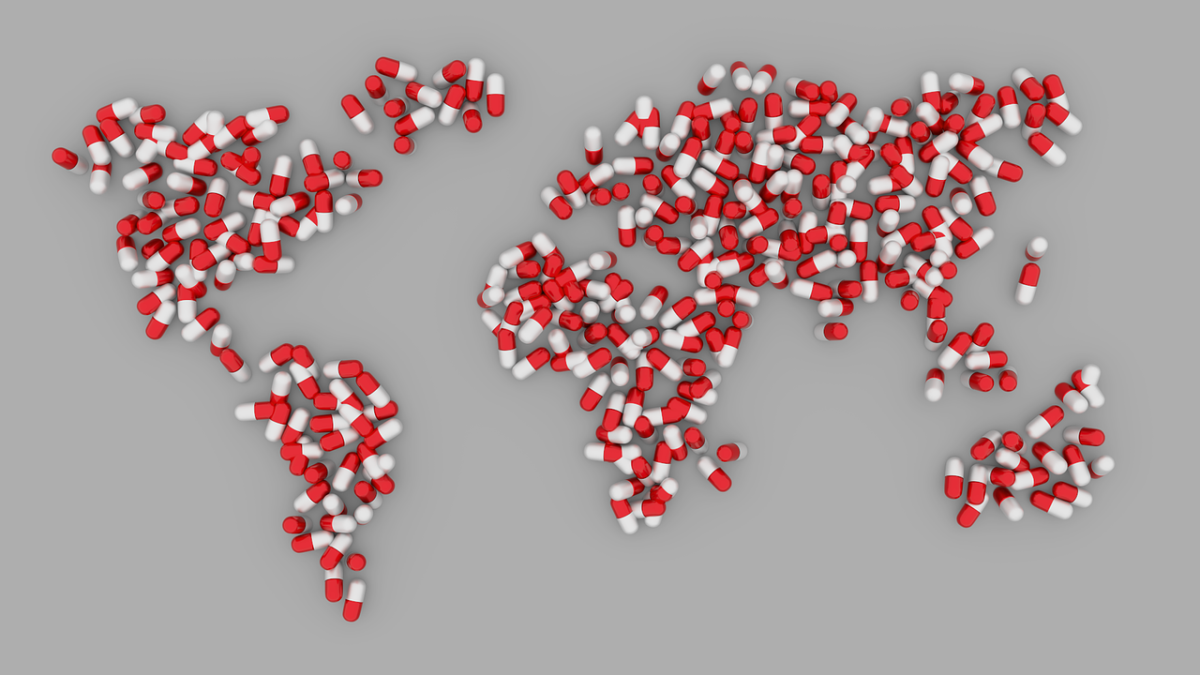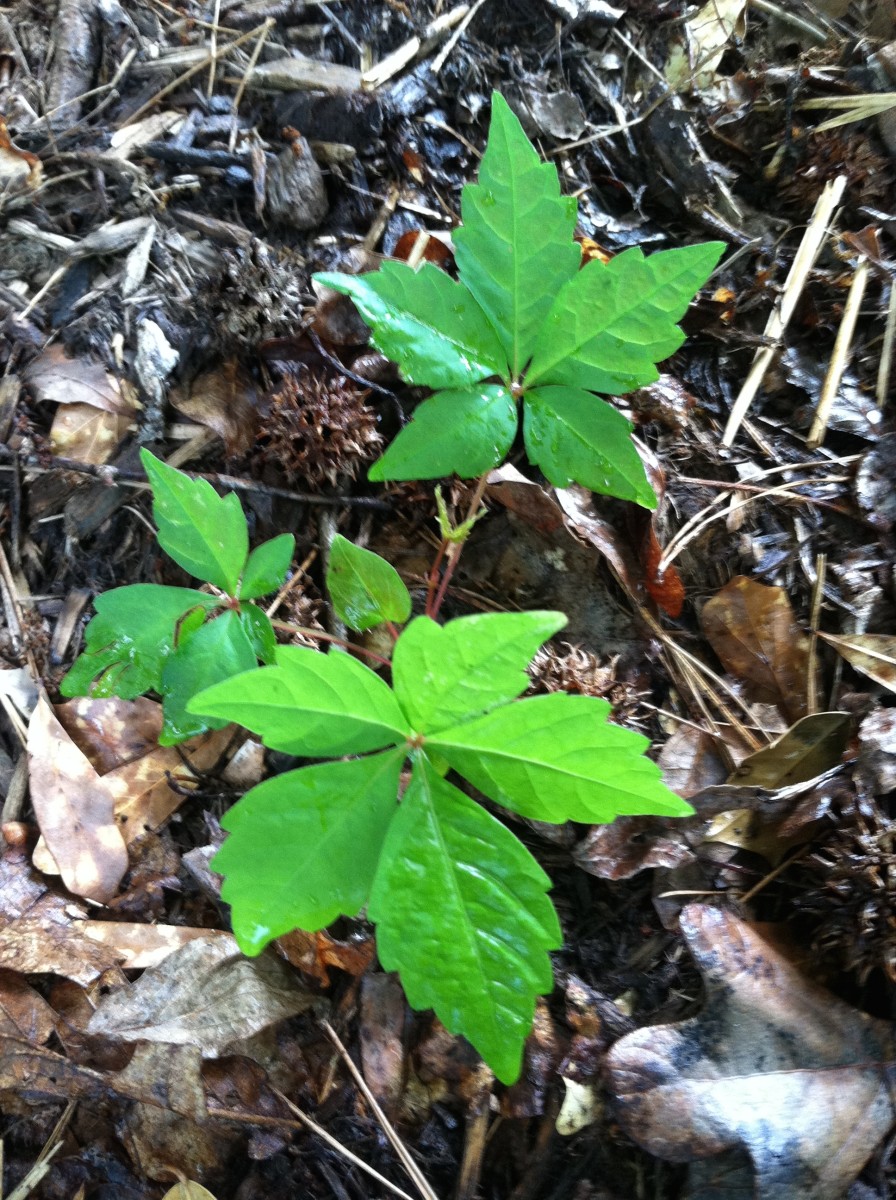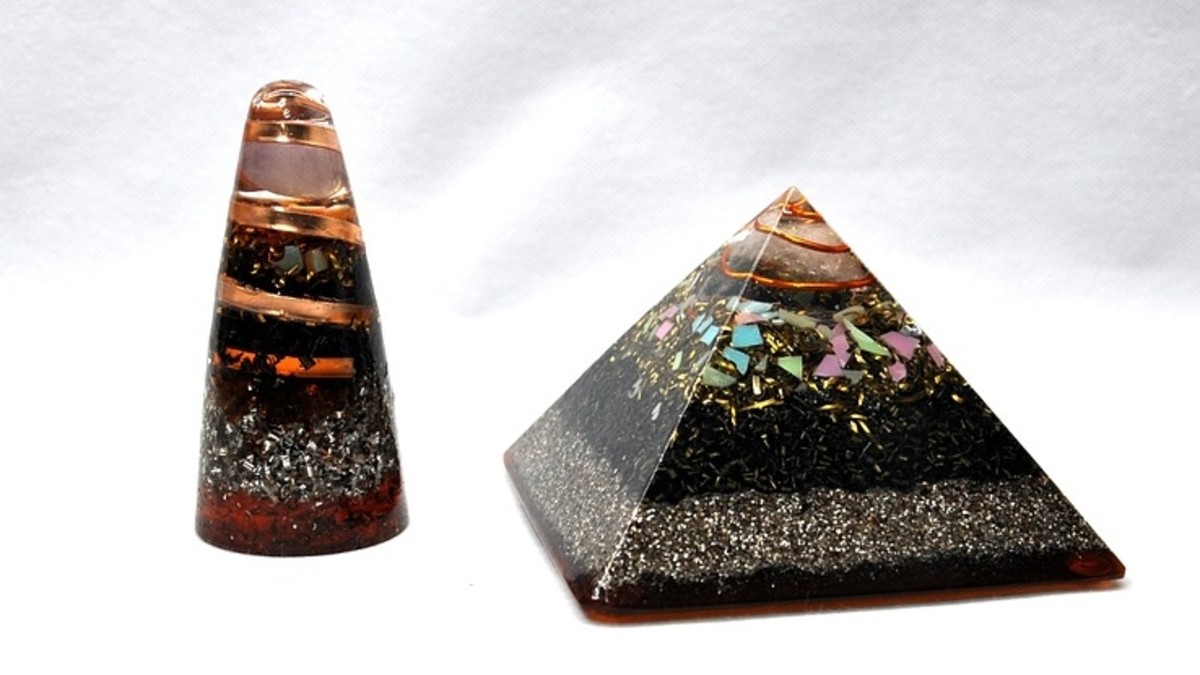History of Drug Abuse
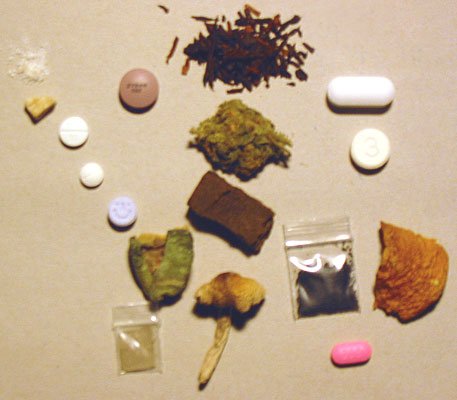
From man's earliest days various plants
and crude chemicals have been used to treat illnesses.
The foxglove was found to help certain types of heart disease and the juice of the poppy pod to relieve pain and have a tranquillizing effect. Highly refined extracts of these plants are still used today as Digoxin and Morphine.
Many useful drugs have
side effects and if these give pleasurable sensations or affect the
mind there is a danger of misuse which can damage the human body. Morphine
is such an example.
Opium and cocaine have been both used
and abused for centuries. Other mind-altering or psychotropic substances
have been used including hashish (pot), peyotyl, etc. Some of these
were originally used as part of heathen religious rites. Others induced
an unnatural state of intoxication but had their side effect in lethargy.
Barbiturates came along in the early
1900s. At first they were hailed as the answer to insomnia, among other
things, but it was soon apparent that patients became dependent and
could not manage without them.
Amphetamines were synthesized in the
1920s to combat fatigue. Again abuse was soon rife when they came to
be used as 'pick-me-ups' and 'pep pills'.
Safer sedatives came with the early
1950s. The most popular of these were — and still are — Diazepam
and Valium. These are widely abused, over-prescribed, and their side
effects little understood by those consuming them.
The abuse of highly dangerous, illegal drugs has been widespread since the 1960s. It has, however, been present in some form for centuries.
Today the trade in illegal drugs is the
single greatest threat to societies all over the world.
Types of Illegal Drugs
Drug pushers even lurk around school
playgrounds in many Western cities. Drugs are dispensed at parties,
some specially organized for the purpose. The days when raincoated men
sold drugs furtively in darkened alleys is long past.
Even for first-time users of illegal or controlled drugs there are tremendous dangers. A first-time user of heroin often experiences vomiting and nausea. Hallucinogenic drugs like LSD can produce 'bad trips' and frightening experiences. Worse still, accidental overdoses can lead to unconsciousness and sometimes death.
The exact effect of a drug is dependent, to some extent, upon
our personalities and psychological make-up. Hence even effects of first-
time use are unpredictable.
Those who introduce young people to
drugs at all-night parties usually make them sound innocuous by giving
them various slang names. Most illegal drugs are adulterated and diluted
by the time they reach the 'consumer'. The pushers, and the syndicates
behind them, make more profit if the product goes further. Police have
found that drugs are diluted with anything from scouring powder to rat
poison. Hence hospitalization can result, not only from the drug itself,
but from the additives.
Illegal drugs are commonly mixed.
Mixing depressant drugs is especially dangerous and can prove fatal.
Other complex interactions can also occur.
`Tolerance' develops with the continued
use of a drug. Tolerance is where the body adapts to the repeated presence
of a drug and in this way reduces its effectiveness. This means that
the user will have to take larger quantities and be placed in greater
danger of a fatal overdose.
Because drugs alter co-ordination and
vision, accidents frequently occur to people under their influence.
Crossing the road or operating machinery can prove fatal even to the
first-time drug user.
If drugs are abused over a period of time and in sufficient quantities, dependence on the drug will develop. The addict's life becomes dominated by the drug. Even before this stage has been reached the price paid in terms of both body and mind is horrendous.
Eventually every area of life becomes entwined with the drug until only
one thing counts: getting more.
Is Your Teen Hooked? A Parent's Guide to Quitting
- How to Stop Smoking Weed
Weed addiction has never been beneficial in any sense and it being classified as a prohibited drug in many states and by most countries in the world. - How to Quit Smoking Weed
Today weed use is so popular in the United States that it is estimated that over 40% of Americans have tried it in their lifetime and up to 25% smoke weed regularly. - Best Way to Quit Smoking
Trying to quit smoking cigarettes? Probably the best way to quit smoking naturally is through a smoking cessation program like the CigArest.



